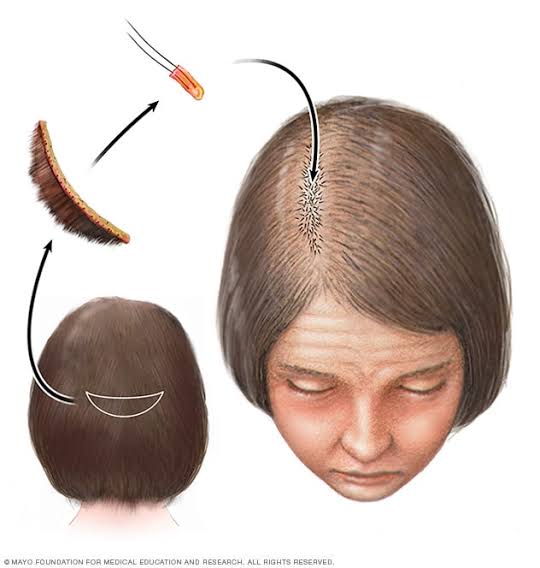Categories
HEALTH
Inhaling polluted air increases the risk of depression
Long-term breathing of polluted air increases the risk of depression, according to two recent studies, adding to growing evidence of the impact of harmful…
Read More


